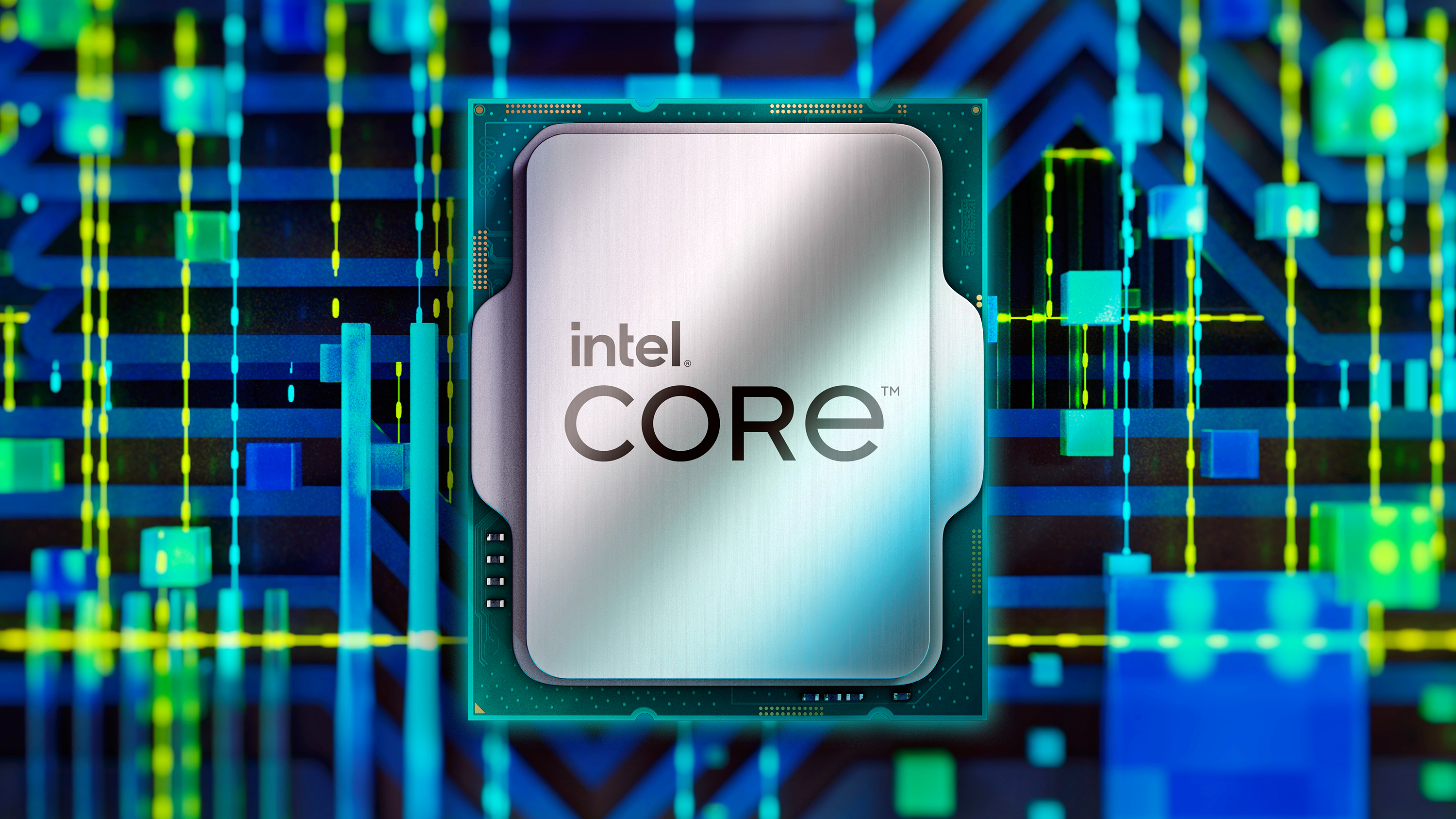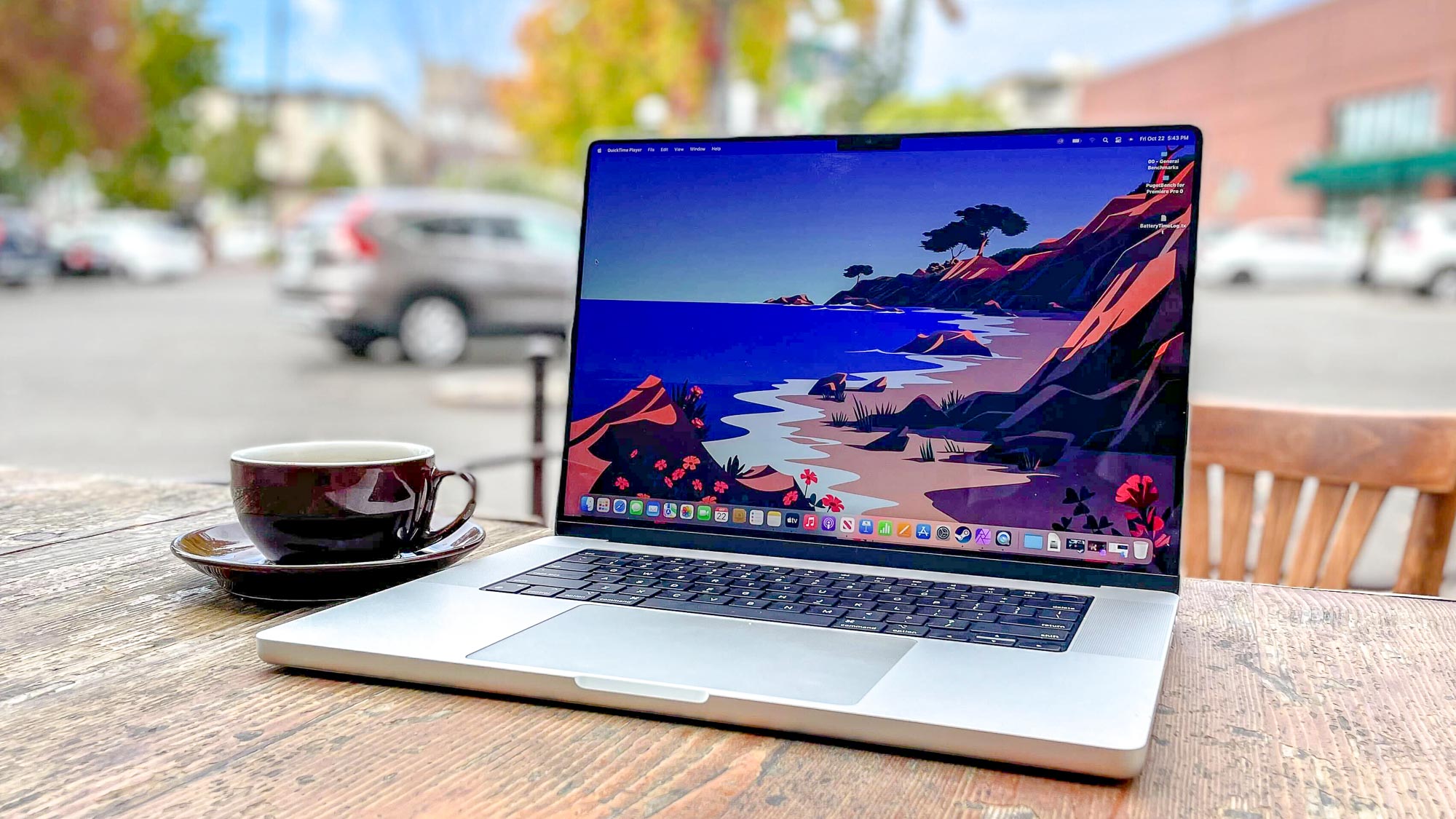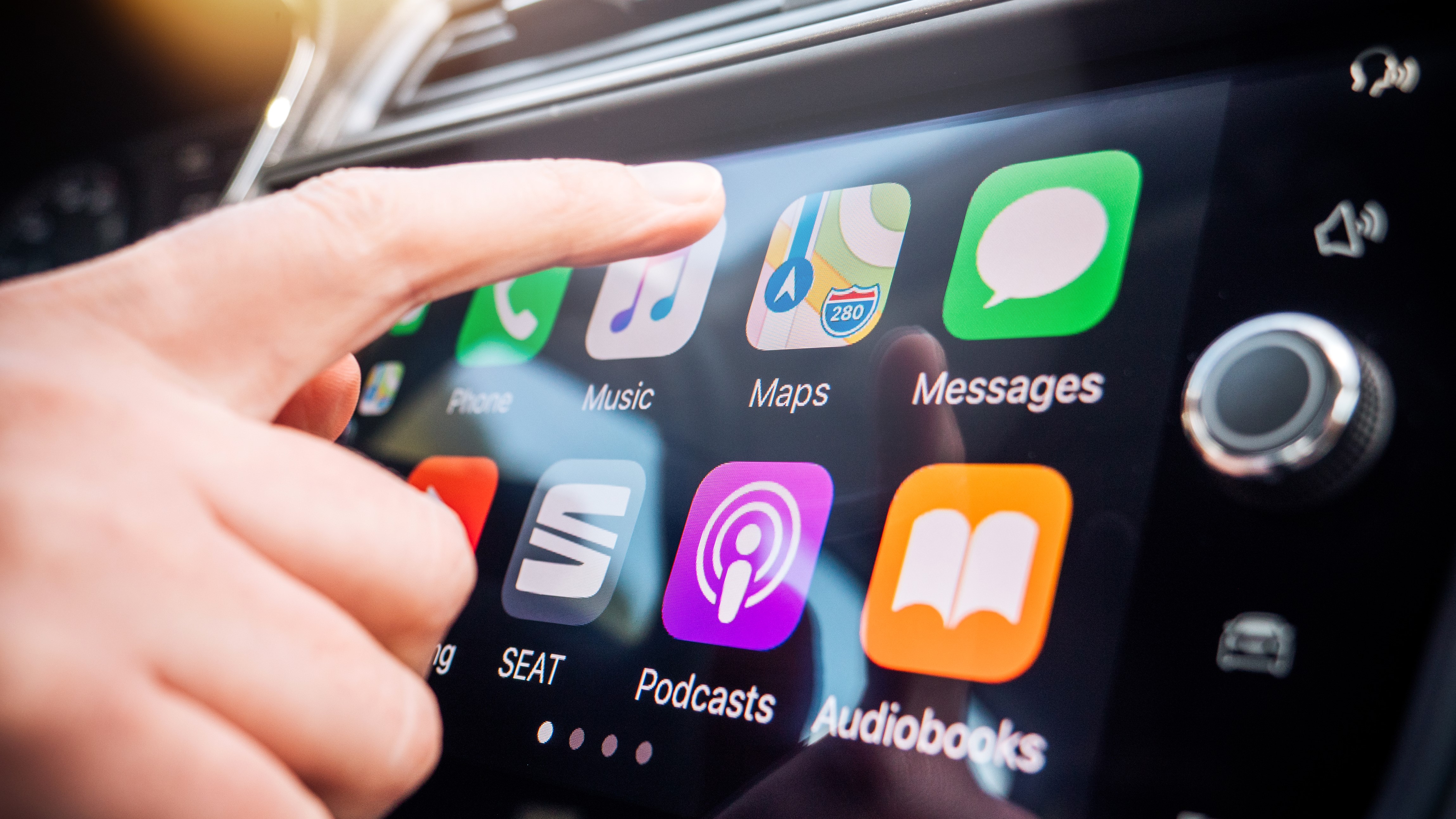Intel Alder Lake Core i9 beats Apple M1 Max in our benchmarks — but there's a catch
Apple's beefiest chip has been dethroned by Intel's latest CPU but not in battery life

Now that Intel's first batch of 12th Gen Alder Lake mobile CPUs have started shipping in the latest laptops, we're starting to see how these cutting-edge chips perform in our suite of benchmarking tests.
So far the news is good for Intel fans, as these CPUs appear to match or exceed the performance of the best Apple silicon on the market.
This is important to verify through testing because Intel has claimed its new Core i9-12900HK CPU (the current top-of-the-line Alder Lake laptop chip) can outperform Apple's top-tier M1 Max chip. That's a big claim to make, because when we tested the MacBook Pro 16-inch (2021) sporting the most powerful M1 Max chip currently available, the results it earned ballooned past our expectations and set new records.
Now, based on independent testing by our lab team for our sister site Tom's Hardware, we can confirm that laptops packing Intel's new Core i9-12900HK CPU are (by some metrics) faster than a similarly-specced MacBook Pro packing a tricked-out M1 Max.
However, Apple's MacBook Pro still has a big advantage on battery life, at least compared to these more gaming-focused laptops.
Apple M1 Max vs. Intel Alder Lake Core i9
| Row 0 - Cell 0 | 16-inch MacBook Pro with M1 Max | MSI GE76 Raider with Core i9-12900HK |
| CPU Cores | 10-core (8 performance, 2 efficiency) | 14-core (6 performance, 8 efficiency) |
| GPU Cores | 32-core | 7,424 CUDA cores |
| RAM | 64GB DDR5-6400 | 32GB DDR5-4800 |
| Storage | 2TB SSD | 2TB NVMe PCIe 4.0 SSD |
We know this because our lab team recently finished testing two new gaming laptops, an Alienware x17 and an MSI GE76 Raider, which each arrived with a new Intel Core i9-12900HK CPU inside. They're both also big, 17-inch gaming laptops that weigh over 6 pounds apiece and have Nvidia GeForce RTX 3080 Ti GPUs, as well as at least 32GB of RAM (the Alienware has 64GB) and 4TB of SSD storage.
While we can't run exactly the same tests on Windows and Apple laptops due to compatibility issues, there are a few laptop benchmarks we do run on both. Notably, we ran the Geekbench 5.4 multi-core CPU benchmark (to measure overall performance) and our timed video encoding test using Handbrake (to measure real-world video encoding performance) on both these new laptops and Apple's 2021 MacBook Pros.
Sign up to get the BEST of Tom's Guide direct to your inbox.
Get instant access to breaking news, the hottest reviews, great deals and helpful tips.
When you compare the results of the laptops packing Alder Lake chips against those of Apple's 16-inch MacBook Pro (2021) with a top-of-the-line M1 Max chip (10-core CPU, 32-core GPU), 64GB of RAM and a 2TB SSD for storage, you can see that Apple's chip can't outpace the latest Intel silicon.
Intel Alder Lake vs M1 Max: Geekbench
| Row 0 - Cell 0 | Geekbench 5.4 multi-core CPU | Geekbench 5.4 single-core CPU |
| MacBook Pro 16-inch (M1 Max) | 12,683 | 1,781 |
| Alienware x17 | 13,456 | 1,842 |
| MSI GE76 Raider | 13,710 | 1,833 |
In the Geekbench 5.4 multi-core CPU benchmark Apple's beefiest M1 Max achieved an average result of 12,683, a remarkable score that beats just about every Windows laptop we've ever tested. However, it doesn't beat either of the gaming laptops powered by Alder Lake, as the MSI achieved an average score of 13,456 and the Alienware delivered an average score of 13,710.
Similarly, the 2021 Pro packing M1 Max delivered a remarkable average of 1,781 in the Geekbench 5.4 single-core CPU benchmark. However, both the Alienware (1,842) and the MSI (1,833) outperformed it in the same test by a small but significant amount.
Intel Alder Lake vs M1X: Video Editing (Handbrake)
| MacBook Pro 16-inch (M1 Max) | 4:48 |
| Alienware x17 | 4:45 |
| MSI GE76 Raider | 4:44 |
We see similar results when we compare the speeds at which the different laptops were able to crunch video. The M1 Max-powered Pro completed our Handbrake test, which tasks the laptop with encoding a 4K video down to 1080p using Handbrake, in an average of 4:48.
Both the 12th Gen Intel laptops were a hair faster, with the Alienware completing the same task in 4:45 and the MSI tackling it in 4:44. These results confirm recent reports that the Intel Alder Lake Core i9 is faster than Apple M1 Max, at least by these metrics.

Clearly, these are miniscule differences in performance test results that aren't broadly applicable to comparisons of the laptops in question. The gaming laptops aren't necessarily the best laptops for video editing just because they're a smidge quicker than Apple's fastest in Handbrake, and the M1 Max is still an incredibly fast chip.
Intel Alder Lake vs M1 Max: Battery life
| MacBook Pro 16-inch (M1 Max) | 15:31 |
| Alienware x17 | 3:05 |
| MSI GE76 Raider | 4:57 |
As MacWorld points out, the M1 Max is far more power-efficient than Intel's latest chips, at least compared to these first laptops that are more gaming centric.
Our own research bears this out as well: the 16-inch Pro packing an M1 Max chip lasted 15 and a half hours on a single charge in our battery test, making it one of the longest-lived laptops we've ever seen. Neither the Alienware (3:05) or MSI (4:57) laptop could last longer than 5 hours in the same test, which tasks the laptop with endlessly surfing the web via Wi-Fi with its screen brightness set to 150 nits.
We'd like to see how Alder Lake laptops perform with only integrated graphics and in thinner and lighter designs to see how efficient Intel's platform really is.
Intel Alder Lake outlook
Still, it's a big deal that Apple's top-tier M1 Max is already being outpaced by Intel's latest laptop chips. While Apple will undoubtedly keep pace with updated silicon down the road (we're expecting to see the long-rumored Apple M2 chip launch in 2022), this should ensure some exciting competition in the laptop CPU market as Intel continues to roll out new Alder Lake chips — and we (hopefully) see some AMD Zen 4 chips debut.

Alex Wawro is a lifelong tech and games enthusiast with more than a decade of experience covering both for outlets like Game Developer, Black Hat, and PC World magazine. A lifelong PC builder, he currently serves as a senior editor at Tom's Guide covering all things computing, from laptops and desktops to keyboards and mice.
